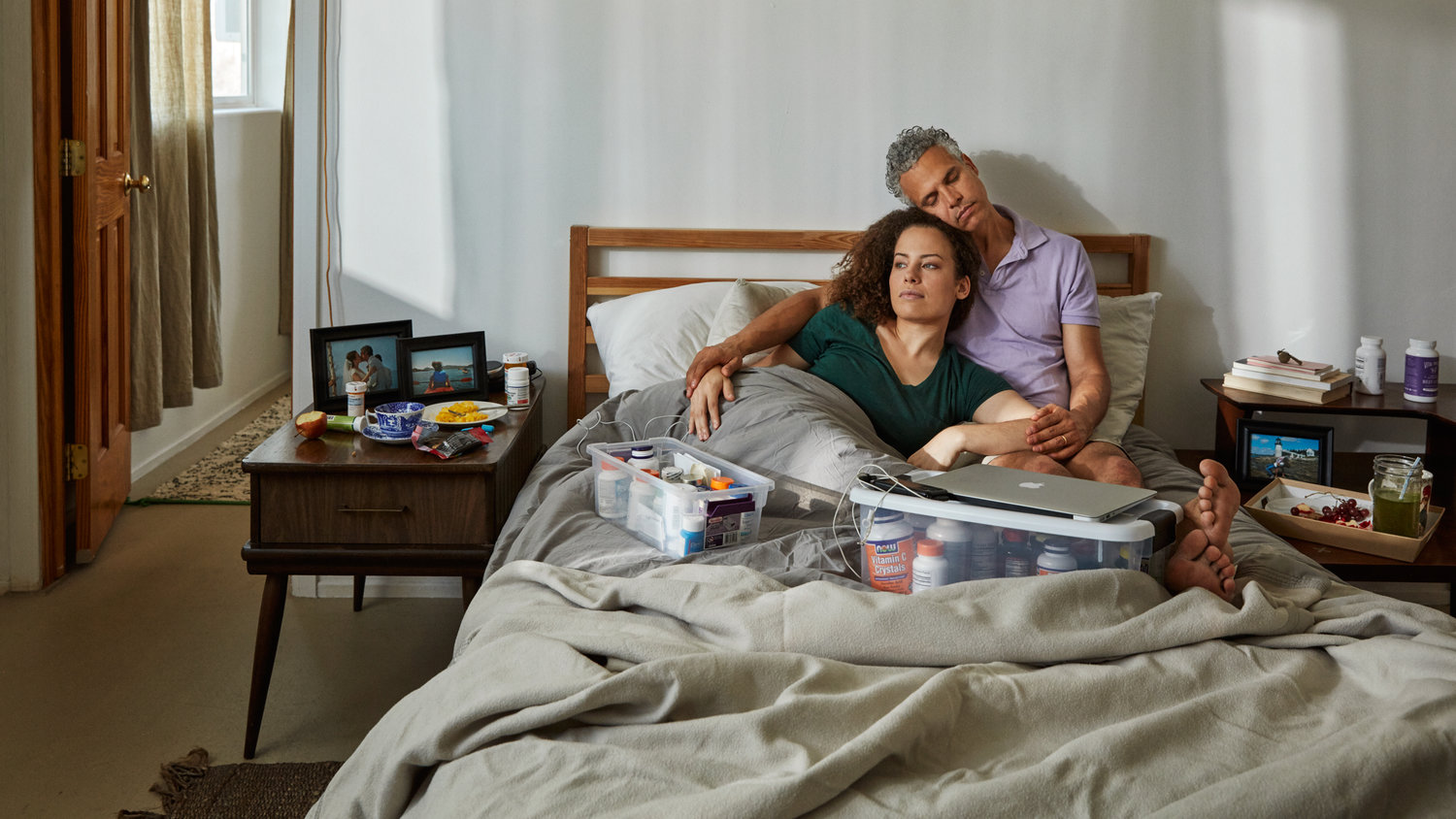I know we have all thought about it in our lives. It would be sweet to kind of just, lay around all day, not having to stand up to shower, or do chores, or work, or take care of the kids or pets, or adult at all. It would be swell!
You would be able to stand up or move if you wanted to of course. You would just limit it for being lazy for a good few hours or days. And then sure, back to normal.
But what if you were on bed arrest basically, for most of your life. Your legs were not broken, your nerves work, but you are just so damn weak your body cannot support you. Not only that, but you were always tired, it hurt to lift really any body part, and your entire survival was based on the kindness of others who took care of your basic needs. Worst of all, this condition is hard to detect from regular doctors through regular methods. In fact, a lot of them might say it is entirely in the patient’s head and they will get over it eventually, even if they have to force them.
That would be the life for individuals who suffer from Chronic Fatigue Syndrome, of which their story is not generally known. And of course, that is why this documentary, Unrest, exists.

This just looks like a great Sunday morning, to be honest.
Jennifer Brea used to be a go-getter, a mountain hiker individual, who married a husband with similar issues. Then one day, she got a lot more tired. She couldn’t be as active as she once was. Standing started to get hard, and she would rather roll or crawl along the floor. At some point, she decided to start filming her life in order to tell a story about her condition, which again, doctors were very unhelpful.
In this documentary, we see Brea become more and more bed only, as she struggles with her relationship with her husband (where Brea feels terrible and like a burden), while she discovers more about CFS and the people who suffer from it. We get first hand accounts from individuals and interviews, including a mother who did have a husband who left her, leaving her daughters to take care of her (and one of her daughters gaining CFS as well). And another girl who has spent most of her life now in a bed, getting CFS at a young age.
These are extremely sad stories, as long as you are paying attention, it will break your damn heart. While at the same time, you can see the hope in these individuals, who clearly don’t like their position, but still feel positive that they are loved, that they can love, and that one day they might be back on their feet again.
Admittedly, the purpose of this documentary is just to raise awareness. It is certainly something I never knew about and would have easily just brushed it off as something that sounds made up (which makes the whole thing harder on the individuals). On those levels it fully succeeds.
Personally it took me a long time to really get invested into it, and for documentaries that can be really hard on viewers. If someone just scrolling isn’t hooked early on, they will likely pass it to go onto a different one. I’d have liked more information on current curing efforts (which I know are small) and their protest/march/demonstration, which ended up being a very powerful moment. Or hell, just more personal stories, because that is where the tears come from.